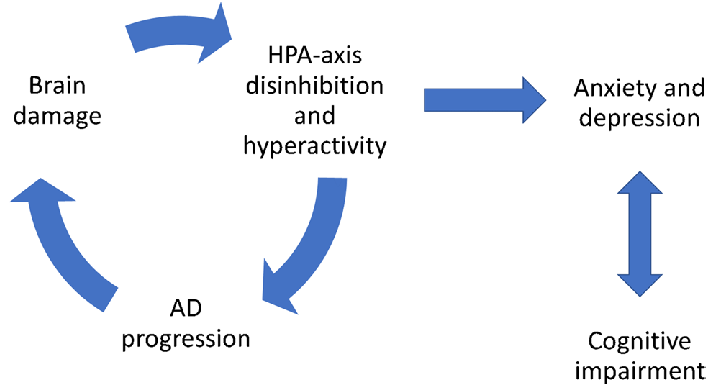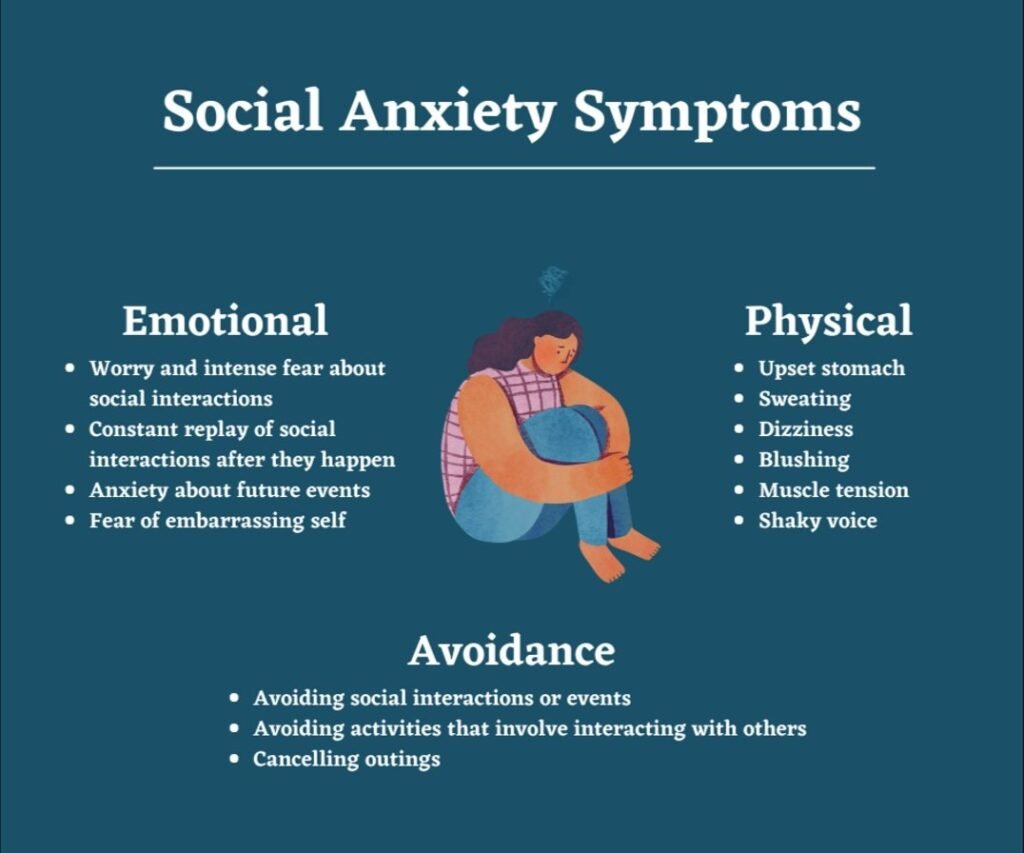
Is Sleeping Less a New Trend? The Dark Side of Hustle Culture
In today’s fast-paced society, sleep has become a luxury that many people cannot afford. The emergence of hustle culture, which celebrates hard work and production, has resulted in an unsettling trend: sleeping less. From businesses boasting about running on four hours of sleep to “no-sleep” influencers dominating social media, the myth that foregoing sleep equates to success is widespread. However, is this tendency sustainable? More significantly, what are the long-term repercussions of living a lifestyle that deprives the body of its most basic form of recovery?
This blog investigates the phenomenon of sleeping less, the role of hustle culture in sustaining it, and the negative consequences of choosing work over health.
The Rise of Hustle Culture.
Hustle culture is a mindset that stresses work and productivity over all else. It encourages hard hours, relentless grinding, and a “no days off” attitude. This worldview is based on the concept that hard work is the only way to achieve success, even if it means sacrificing personal well-being.
The origins of hustle culture may be traced back to the Industrial Revolution, but it gained popularity throughout the Internet age. Entrepreneurs like Elon Musk and Jack Dorsey have notoriously claimed to work more than 100 hours a week, promoting the notion that success necessitates sacrifice—including sleep. Social media has amplified this narrative, with influencers posting posts equating sleep deprivation with determination. The hashtags #TeamNoSleep and #GrindMode have millions of followers, perpetuating the idea that rest is for the weak.
Why Do People Sleep Less?

Several factors contribute to the trend of less sleep, with hustling culture playing an important part. Here are a few of the main reasons:
Societal Pressure to Succeed:
In a culture where success is frequently associated with financial prosperity and professional accomplishments, people feel driven to work more hours in order to “get ahead.”
Technology and Screen Time:
The continual connectedness provided by cellphones and laptop computers has blurred the distinction between work and personal life. Many people find themselves checking emails or working late at night.
Social media influences:
Seeing others brag about their sleepless nights and accomplishments might instill a sense of inadequacy, leading people to follow similar patterns.
Economic Factors:
The gig economy and growing living costs have compelled many to work several jobs, leaving little time for leisure.
Fear of Missing Out (FOMO):
In both professional and social environments, people are afraid of falling behind, so they sacrifice sleep to stay up.
The Biology of Sleep: Why it Matters
Sleep is more than just a passive condition of rest; it is an essential activity that affects almost every element of human health. During sleep, the body performs vital activities such as tissue repair, memory consolidation, and hormone regulation. Lack of sleep disturbs these systems, resulting in a variety of physical and mental health problems.
Short-term effects of sleep deprivation:
Reduced concentration and productivity
Increased irritation and mood swings.
Weakened immune system.
Long-term effects of chronic sleep deprivation:
High risk of heart disease, diabetes, and obesity
Higher risk of acquiring anxiety and depression.
Cognitive decline and memory loss.
shortened lifetime
The recommended amount of sleep for adults is 7-9 hours per night. However, studies suggest that the average quantity of sleep has decreased over time, with many adults sleeping less than 6 hours per night. This development is especially concerning in the context of hustle culture, which tolerates and sometimes glorifies sleep deprivation.
The Psychological Effects of Hustle Culture

While hustle culture may appear to be motivating on the surface, it has long-term negative consequences for mental health. The relentless pressure to succeed and produce can result in chronic stress, anxiety, and burnout. Sleep deprivation exacerbates these disorders, creating a difficult-to-break cycle.
The Myth of Productivity:
One of the most common myths about hustle culture is that working longer hours leads to increased output. However, research suggests otherwise. According to studies, productivity drops dramatically after 50 hours of labor per week, and work quality suffers when people are sleep deprived.
The Function of Social Comparison:
Social media frequently increases the temptation to hustle by establishing unrealistic standards. When people compare themselves to others who appear to be continually working or accomplishing, they may feel pushed to push themselves beyond their capabilities. This might cause feelings of inadequacy and low self-esteem.
Social and Cultural Implications
The promotion of hustling culture and less sleep has broader societal effects. It reinforces inequality by creating a system in which only those who can tolerate sleep deprivation and unrelenting work schedules are considered “worthy” of success. This excludes people with health problems, childcare duties, or other limitations from the achievement story.
Furthermore, it normalizes harmful behavior, making it more difficult for people to prioritize self-care without feeling guilty. When companies and society as a whole promote overwork, individuals find it difficult to set boundaries and advocate for their own well-being.
Breaking the cycle: prioritizing sleep and health
If you’re caught up in the cycle of hustling culture and sleep deprivation, you must take action to regain your health. Here are a few strategies:
Set boundaries:
Make clear work hours and stick to them. Avoid checking email and working late at night.
Practice Sleep Hygiene:
Establish a relaxing bedtime ritual, such as reading, meditating, or taking a warm bath.
Limit Screen Time:
Limit your exposure to screens before bedtime because the blue light emitted by devices can interfere with sleep.
Challenge the Narrative:
Understand that rest is not a sign of weakness, but rather an essential component of achievement and well-being.
A Call for Cultural Change.
The current practice of sleeping less in the name of hustling culture is unsustainable. As more research demonstrates the importance of sleep for general health and productivity, it’s time to call out the glorification of overwork and sleep deprivation. Employers, influencers, and society as a whole must change the narrative to emphasize balance and well-being.
Success should not be at the expense of health. By emphasizing rest, we may develop a culture of long-term productivity, creativity, and happiness. It’s time to abandon the notion that sleep is optional and embrace the reality: sleep is an unavoidable foundation for a successful existence.

How Anxiety Shows Up in Unexpected Ways: The Lesser-Known Symptoms
When most people think of anxiety, they picture racing thoughts, sweaty palms, or even full-blown panic attacks. While these are common symptoms, anxiety can manifest in ways that are far less obvious and often misunderstood. These lesser-known symptoms may go unrecognized, leading many individuals to suffer in silence or dismiss their experiences altogether. Understanding the full spectrum of anxiety symptoms is crucial for identifying and addressing this pervasive mental health issue.
In this blog, we’ll delve into the unexpected ways anxiety shows up, shedding light on the hidden aspects of this condition and offering practical insights for managing it.
The Hidden Face of Anxiety
Anxiety is a complex mental health condition that impacts not just the mind but also the body and emotions. While symptoms like worry and fear are widely recognized, anxiety can also present itself in subtler, less intuitive ways. These hidden symptoms often complicate the journey to diagnosis and treatment.
Lesser-Known Physical Symptoms of Anxiety
Anxiety isn’t just a mental state; it’s deeply intertwined with physical processes in the body. Here are some unexpected physical symptoms:
Digestive Issues
Have you ever felt a knot in your stomach before a big event? For people with anxiety, this sensation can be a daily occurrence. Anxiety can cause:
- Nausea
- Irritable bowel syndrome (IBS)
- Bloating or cramping
The gut-brain connection plays a significant role here. The gut is sometimes referred to as the “second brain” because of its direct communication with the central nervous system. Chronic anxiety can disrupt digestion, leading to gastrointestinal discomfort.
Muscle Tension and Pain
Anxiety often manifests as unexplained aches and pains. Chronic muscle tension, particularly in the shoulders, neck, and jaw, is a common but overlooked symptom. People with anxiety may:
- Clench their jaws or grind their teeth (bruxism)
- Experience frequent headaches or migraines
- Have tightness in their back or shoulders
Skin Problems
Stress and anxiety can take a toll on your skin. Common issues include:
- Acne breakouts
- Eczema flare-ups
- Excessive sweating (hyperhidrosis)
This happens because anxiety triggers the release of stress hormones like cortisol, which can exacerbate skin conditions.
Tingling or Numbness
Anxiety-induced hyperventilation or heightened nervous system activity can cause sensations like tingling, numbness, or even the feeling of pins and needles in the hands, feet, or face.
Emotional and Behavioral Symptoms You Might Miss

Anxiety doesn’t always look like worry or fear. It can also shape behaviors and emotional responses in ways that might not be immediately recognized as anxiety-related.
Irritability and Anger
While anxiety is often associated with sadness or fear, it can also make individuals more irritable. When the body is in a constant state of “fight or flight,” minor irritations can feel overwhelming, leading to outbursts or a short temper.
Procrastination and Avoidance
Sometimes, anxiety shows up as a pattern of avoidance. For instance:
- Putting off tasks due to fear of failure or perfectionism
- Avoiding social situations to escape potential judgment or embarrassment
This behavior can lead to a cycle of guilt and increased anxiety, further complicating the issue.
Overthinking and Indecisiveness
Anxiety can make even simple decisions feel monumental. People may:
- Overanalyze every choice
- Second-guess their actions
- Fear making the “wrong” decision
This can make everyday tasks feel overwhelming and exhausting.
Emotional Detachment
Some people with anxiety experience emotional numbing or detachment as a defense mechanism. They may:
- Feel disconnected from themselves or others
- Struggle to express emotions
- Avoid situations that require vulnerability
Anxiety’s Impact on Cognitive Function

Anxiety doesn’t just affect feelings and behaviors; it can also impair cognitive abilities in surprising ways.
Memory Problems
Chronic anxiety can interfere with short-term memory. People may:
- Forget important details
- Struggle to concentrate
- Find it difficult to retain information
This happens because anxiety diverts cognitive resources toward perceived threats, leaving less bandwidth for everyday tasks.
Intrusive Thoughts
Anxiety often involves repetitive, intrusive thoughts. These thoughts can be:
- Disturbing or distressing
- Hard to control or dismiss
- Focused on unlikely worst-case scenarios
While intrusive thoughts are common, their intensity and frequency in anxiety disorders can make them debilitating.
Social Symptoms: Anxiety in Relationships

Anxiety doesn’t stay confined to the individual; it often impacts relationships and social interactions in unexpected ways.
Over-Apologizing
People with anxiety may feel excessively responsible for the feelings of others, leading to constant apologizing even when it’s unnecessary.
Hyperawareness of Social Cues
Anxiety can make individuals overly sensitive to:
- Tone of voice
- Facial expressions
- Body language
This hyperawareness can lead to misinterpretation and increased social stress.
People-Pleasing
In an effort to avoid conflict or rejection, people with anxiety may:
- Say “yes” to everything, even at their own expense
- Overextend themselves to meet others’ expectations
How to Recognize and Manage Lesser-Known Symptoms
Recognizing these lesser-known symptoms is the first step toward managing anxiety effectively. Here are some strategies:
Track Your Symptoms:
Keep a journal of physical, emotional, and behavioral changes to identify patterns linked to anxiety.
Practice Mindfulness:
Techniques like meditation, deep breathing, or grounding exercises can help you stay present and reduce physical tension.
Seek Professional Help:
A therapist can help you understand and address the root causes of your anxiety, offering tools like cognitive-behavioral therapy (CBT) for long-term management.
Focus on Lifestyle Changes:
- Exercise regularly to release stress and tension.
- Maintain a balanced diet to support gut health.
- Prioritize sleep to give your body and mind time to recover.
Build a Support Network:
Sharing your experiences with trusted friends or family members can help alleviate the burden of anxiety. Support groups can also provide a sense of community.
Final Thoughts
Anxiety is a multifaceted condition that extends far beyond worry and fear. By recognizing its lesser-known symptoms, we can better understand its impact and take proactive steps to manage it. If you or someone you know is struggling with anxiety, know that help is available. Awareness and early intervention are key to navigating the challenges of anxiety and reclaiming a sense of balance and well-being.
It’s time to broaden the conversation about anxiety, making space for its hidden manifestations and the individuals who experience them. Together, we can dismantle stigma, encourage understanding, and promote healthier, more compassionate approaches to mental health.
